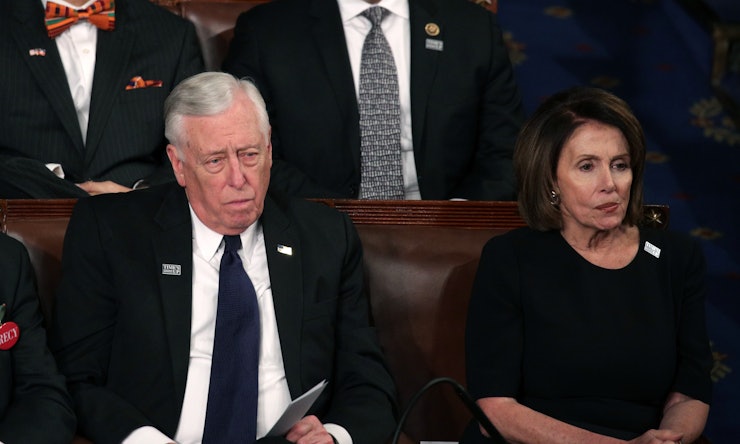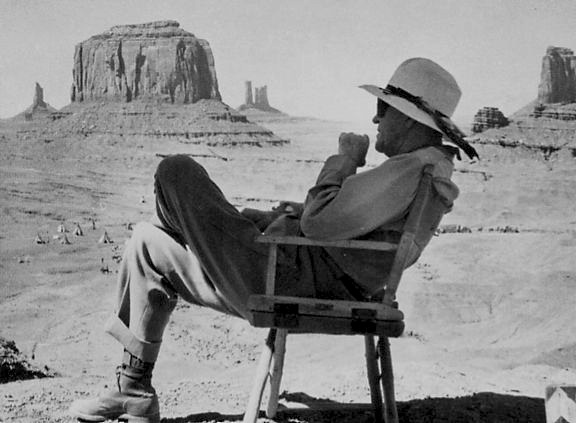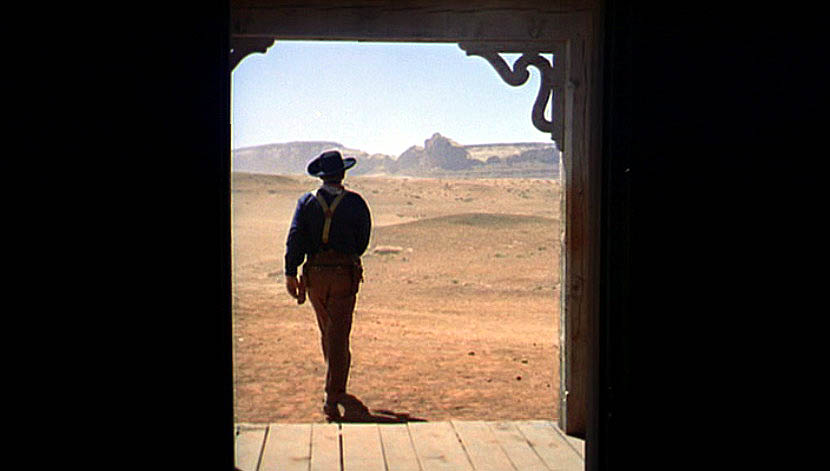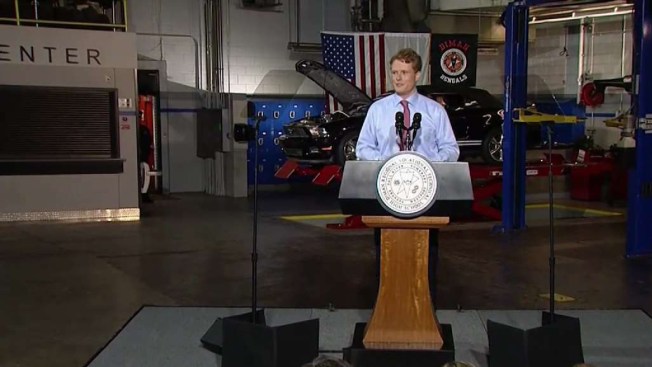February 2, 2018
James Comey, Andrew McCabe and Peter Strzok
The FISA Abuse Memo is out and now we know why the Democrats were desperate to keep its contents hidden from the public: it confirms the worst fears not just of President Trump’s supporters but of everyone concerned about the abuse of police power, government corruption, and the sanctity of our elections.
The memo shows interference in the 2016 presidential election by hostile elements within a United States intelligence agency. It wasn’t the Russians we had to worry about—it was rogue actors at the highest levels of the FBI and Department of Justice. Left unanswered is to what extent the West Wing knew about or was complicit in this gross abuse of power.
What we now know:
- The FBI’s case to the FISA (the Foreign Intelligence Surveillance Act) Court was based almost entirely upon a partisan hit-job bought and paid for by the Democratic National Committee and the Clinton campaign. Christopher Steele, the source of the dossier, had “financial and ideological motivations” to undermine Donald Trump according to the Nunes memo. In fact, the FBI’s file records that Steele told Associate Deputy Attorney General Bruce Ohr that “he was desperate that Donald Trump not get elected and was passionate about him not being president.”
- Ohr’s wife was one of just seven employees at FusionGPS, the firm that was paying Christopher Steele. The personal financial relationship between the Ohrs and the dossier was concealed from the court.
- The FBI could not corroborate the information in the Steele dossier, calling it only “minimally corroborated” but did not disclose this fact to the FISA Court thus leading it to believe that the information in the dossier was either FBI work-product or that it had been independently corroborated by the FBI. Neither was true.
- The FBI did not disclose that the source of the information which formed the basis of their FISA application was a paid political operative of the Clinton campaign and the DNC.
- The FBI and the Department of Justice intentionally misled the FISA court in their applications to obtain authority to spy on Trump campaign advisor Carter Page. They did this not once, but on four separate occasions over the course of a year, including after Donald Trump was in office. The misleading applications were signed off by James Comey (three times), Andrew McCabe, Sally Yates, Dana Boente, and Rosenstein. This certainly casts the actions of each of them in a much different light. Recall that Yates was briefly the acting attorney general under Trump before the president fired her when she refused to defend the administration’s travel moratorium in court. At the time she was lionized in the media and claimed that she had to defend “this institution’s solemn obligation to always seek justice and stand for what is right.” Likewise, Rosenstein’s nearly yearlong failure to fulfill his legal obligation to produce a lawful charter as a predicate for the Mueller investigation which now appears, in context, to be nothing more than the continuation of the Democrat’s campaign against Trump using the FBI as willing collaborators.
- Comey lied to the president about the investigation while he was FBI director.
- FBI agent Peter Strozk and his mistress FBI attorney Lisa Page met with Deputy Director Andrew McCabe to discuss an “insurance policy” against Trump being elected president. We don’t yet know the names of all of those who attended the meeting.
- The texts between Peter Strozk and Lisa Page contain, “extensive discussions about the investigation, orchestrating leaks to the media, and include a meeting with Deputy Director McCabe to discuss an ‘insurance policy’ against Trump’s election.”
- The Nunes memo is just the beginning. There is more to come.
What we don’t know yet:
- What role did Hillary Clinton play?
- Was Attorney General Loretta Lynch involved with these efforts to surveil associates of the Trump campaign and, if so, to what extent?
- We know that Susan Rice and Samantha Power were both involved in unmasking the names of U.S. citizens who were being targeted in this surveillance. Were they coordinating with elements within the FBI and/or the Justice Department? Were they coordinating with the DNC and Clinton campaign to give Hillary an electoral advantage?
- What did Loretta Lynch and Bill Clinton really discuss during their tarmac meeting in Phoenix on June 27, 2016.
- Did Barack Obama know about and/or participate in a conspiracy to use the police and surveillance powers of the federal government to undermine Donald Trump and rig the presidential election? Senator Ron Johnson (R-Wis.) wants to see Obama and Clinton’s emails.
- Who else was at the meeting attended by McCabe, Strozk, and Page where they discussed an “insurance policy” against Trump’s election? How often did they meet, where did they meet, and what did they discuss?
- Why couldn’t the FBI, which touts its forensic expertise, locate the Strozk-Page texts but the Inspector General did it in two days?
- What is the “insurance policy” Strozk and Page discussed? Is that a reference to the conspiracy itself?
- To whom in the media did the FBI leak information about their Trump spying? How long and how extensive was this disinformation campaign.
- What discussions took place among Justice Department resisters about refusing to obey Trump’s direction as president?
We now know that almost every accusation leveled against the president with regard to so-called “Russian collusion” actually reflects the actions of what amounts to a cabal of Democratic Party operatives working with FBI and Justice Department fellow-travellers.
Among other things, it has become clear that Rod Rosenstein must resign. He was either complicit in the conspiracy to mislead the FISA Court or he was too dumb to see what was happening. Either way, he’s demonstrated criminality, incompetence, or both and needs to go.
The picture painted by the Nunes memo is one of federal law enforcement officials who believe they are a wholly independent power, accountable to no one but themselves, and able to pick winners and losers in elections.
Based on what we know now, the conspiracy to undermine candidate Trump and later to destroy President Trump may have been limited to the Justice Department and FBI. That would be bad enough—and a serious threat to representative government striking, as it does, at the efficacy of our elections—but it may also have extended to the West Wing where U.N. Ambassador Samantha Power and National Security Adviser Susan Rice, at a minimum, used “national security” as a rationale to insert themselves into the election. This must also be the subject of investigation. And what of Ben Rhodes and his vaunted media echo chamber? It seems to have played a role as well. How many journalists either were duped or were complicit?
Nearly 50 years ago, the Watergate scandal forced a president from office. The Left thought it could do it again. But the Nunes memo—and the millions of documents and hundreds of hours of interviews behind it—makes clear that rogue elements within the FBI and Justice Department broke the law in an attempt to use the police power of the United States government first to throw the election to Hillary Clinton and then to destroy the presidency of Donald Trump.
This cannot stand. There must be consequences. And they must be swift, public, and severe.









